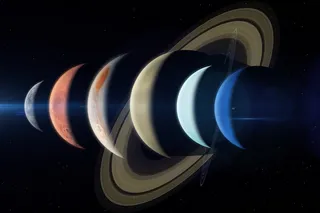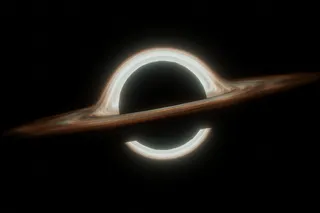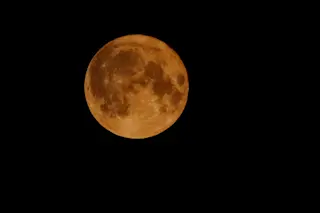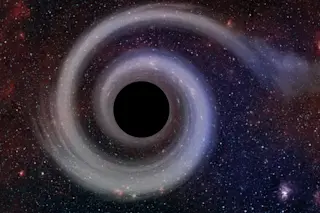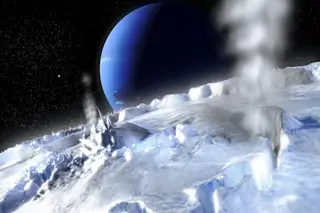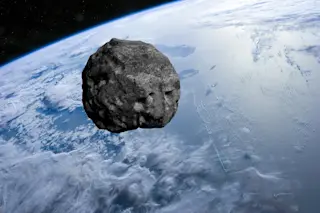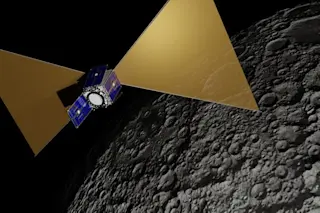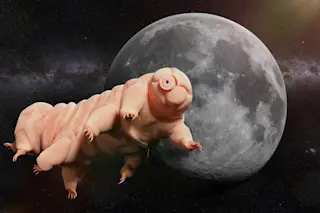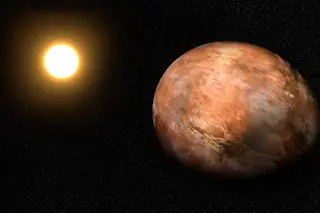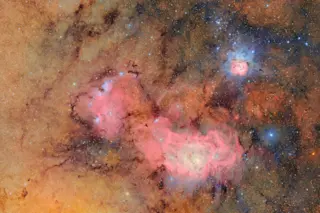The April 1941 issue of Astounding Science Fiction included "Reason," a story by Isaac Asimov later published in the collection I, Robot. The story in Asimov's Robot series was set on a space station that beams power in the form of microwaves directly to planets.
More than 30 years later, Peter Glaser, a NASA engineer who worked on, among other projects, the Apollo moon missions, took a big step in turning Asimov's plot device into reality. Glaser designed — and in 1973 was granted a patent for — a system that would use satellite-mounted solar panels to convert solar energy to microwaves and then beam that energy back to Earth.
At that time, it was "conceptually possible" to imagine a system like Glaser's in orbit, says Harry Atwater, "but the cost of getting it there was prohibitive."
In recent years, however, space launch costs have decreased dramatically, making the idea ...





